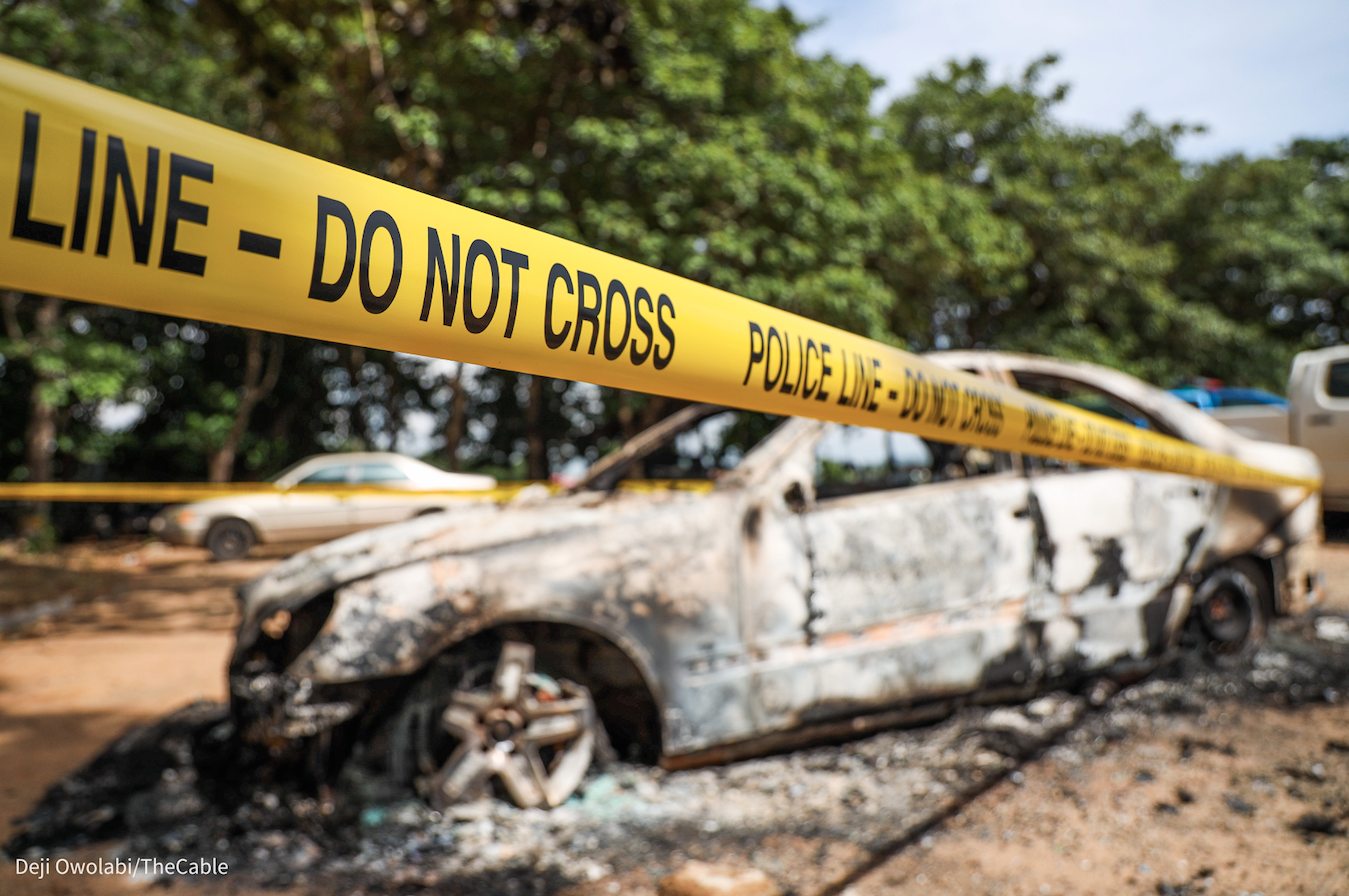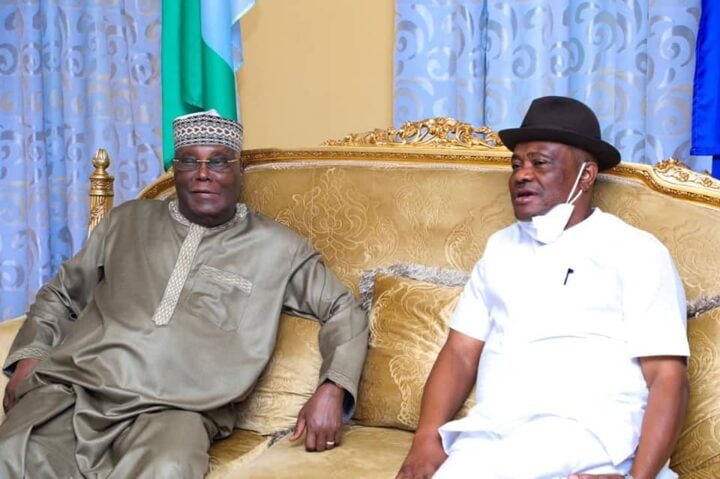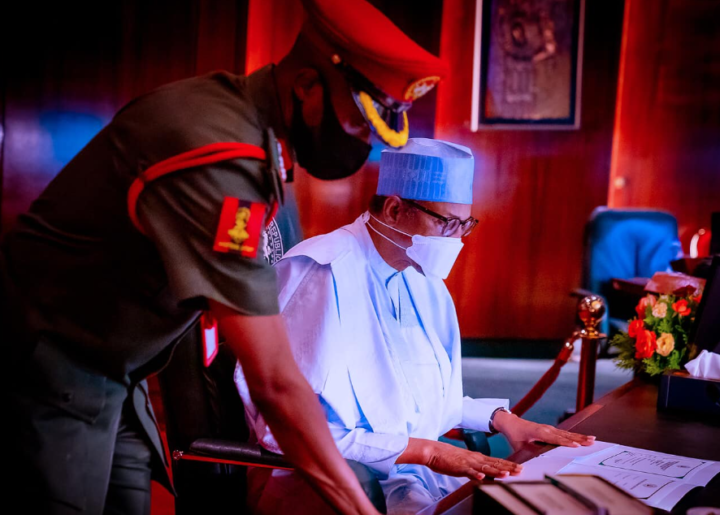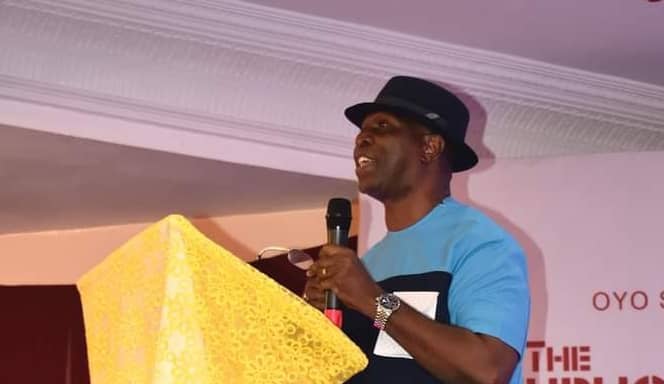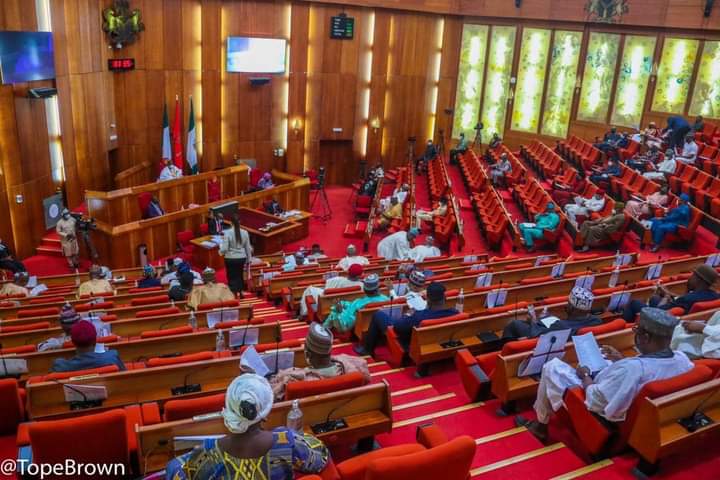A country’s capital is the city where its national government is located. This location is usually carefully chosen and designed to offer the best impression and position for a nation’s government and people to connect optimally with citizens and visitors. Sometimes, nations change their choice of capitals to get new ones that adequately serve these purposes and this was the idea behind the Nigerian government moving the federal capital from Lagos to Abuja in 1991.
31 years later, what we have is a situation where Abuja is dealing with a significant terrorist threat that began as a spate of armed robbery attacks on the outskirts of the FCT and recently manifested as prison breaks where arrested terrorists and criminals were freed.
The situation should be shocking but it really isn’t. It has sadly been rather predictable and began with the Buhari administration responding to attacks on northern minorities with a disdainful lack of concern that had many onlookers believing it was complicit in some way. Benue and Kaduna states had been dealing with violent attacks that were said to be “clashes” and the Benue state governor, Samuel Ortom, was even attacked on his farm a couple of years ago and has recently asked the American government to hold the Buhari administration responsible for the violence and deaths arising from the actions of the terrorists who were described as “ordinary herders” by the federal government for years.
The so-called “herders” had also been involved in a spate of attacks in the largely-Christian Southern Kaduna portion of Kaduna state and the complaints and casualties of the Southern Kaduna people were contemptuously waved aside by state and federal officials. The communities under attack insisted that the violence was being deliberately fostered to enable the seizure of lands.
Advertisement
Rather than respond responsibly, the government through one of its spokesmen, Femi Adesina, asked the people under siege to surrender their lands to stop the violence. Femi Adesina’s very words on national television were: “Ancestral attachment? You can only have ancestral attachment when you are alive. If you are talking about ancestral attachment if you are dead, how does the attachment matter?”
Governor Ortom went to see President Buhari and was told: “I ask you in the name of God to accommodate your countrymen”.
The ethnic and religious identities of the victims of the attacks were clearly a factor and this was made even clearer when the federal government tried to even placate the terrorists who were masquerading as herders by creating government-sponsored ranches for them in all states of the country. Fierce resistance from the Southern and Middle-Belt regions led to the abandonment of the idea.
Advertisement
The lack of backlash encouraged the terrorists and criminals who eventually started looking for more lucrative opportunities and set about kidnapping commuters on the Abuja-Kaduna Road, and got bolder and started attacking the Kaduna-Abuja train service. Now they have become bold enough to target the country’s capital.
All this could have been avoided if the government had not let ethnic and religious differences mute its response to a situation that had dangerous implications for national security. For those of us who dared to voice out in those heady days about how dangerous the slope we were on was, we were assaulted by troll farms and called choice names; “bigot” being the favourite. People tend to forget that when you feed a baby monster with your enemies, it grows to become a teenager, and if you’ve run out of enemies by that point, it will eat your children.
Now Abuja is facing a significant terrorist threat and the impact is going to be widely felt for a long time outside of the immediate security threat. You see, Abuja and other Nigerian cities were already struggling in the fight to become commercial hubs for the African ecosystem and were losing major ground to cities in Ghana and Kenya.
The city of Nairobi scored a major coup when Google launched its first African product development centre there after having set up an AI and research centre in Ghana in 2019. Financial giant, Visa, has also set up an innovation centre in Nairobi.
Advertisement
It gets more interesting when you realise that even non-African cities are in the competition to be the major African hub with Dubai being a major competitor. More than 21,000 African companies are registered in Dubai. 45 multinationals that group their Middle East and African operations jointly have also placed their regional headquarters for these zones in Dubai.
Dubai becoming the hub of African Business for decision-makers is not that strange an idea when you consider that it’s really about a location having the proper mix of proximity, infrastructure, political connections, comfort, safety, capital, structure, and accessibility. Miami, Florida, is in the USA but it serves this same purpose for Latin America for pretty much the same reasons that Nigerian cities are losing out: insecurity and infrastructure. Miami is a three-hour flight away from Colombia, a six-hour flight away from Brazil, and a two-hour flight away from Puerto Rico. It has become a key hub for Latin America with more than 1,200 multinational corporations setting up the headquarters of their Latin American operations in Florida.
Dubai’s excellent flight connections, ICT infrastructure, and tourist-friendly structure have made it appealing to a lot of African and non-African power-brokers looking for a hub to connect and do business. Abuja being seen as unsafe at a time when Nigeria needs an annual FDI inflow of $90 billion but gets only $698.7 million of FDI in 2021 is not helpful. Hopefully, this teaches us the economic value of abiding by the principle of justice and equity regardless of the ethnic or religious affiliations of the victims or the aggressors. Best practice tends to make for the best outcomes.
Nwanze is a partner in SBM Intelligence
Advertisement
Views expressed by contributors are strictly personal and not of TheCable.
Add a comment

